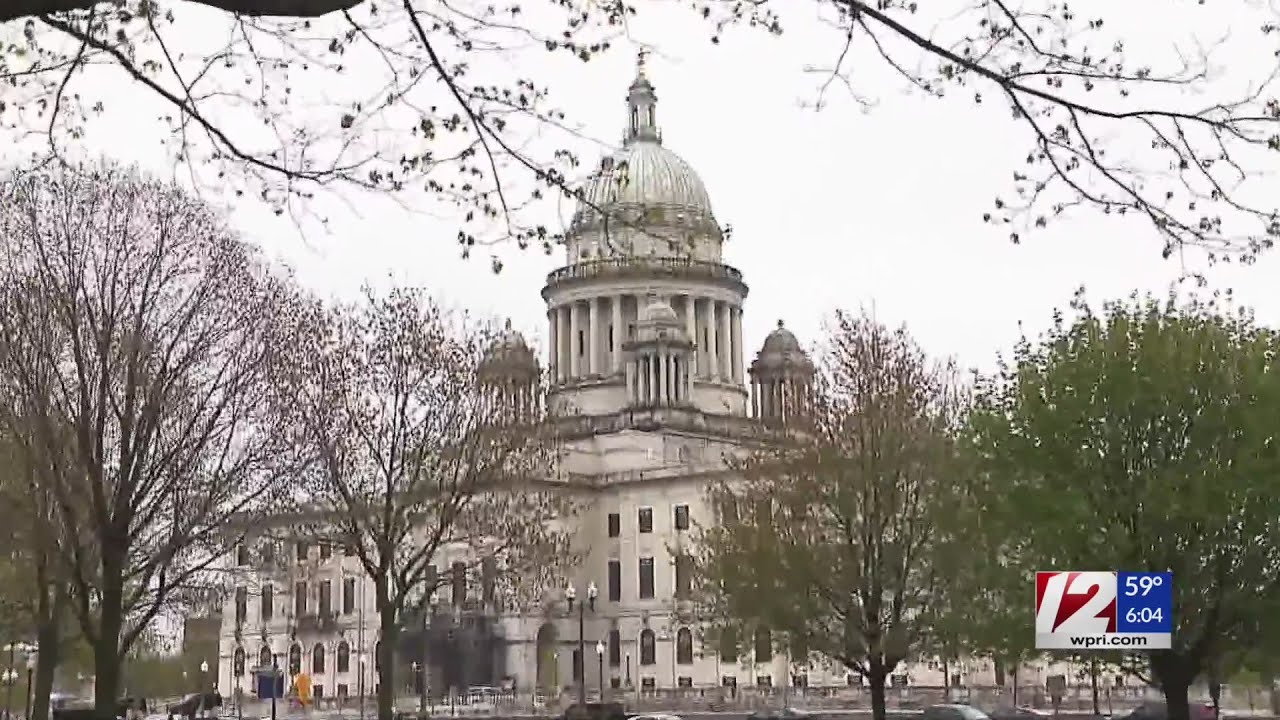Introduction: Rhode Island’s Stance on Abortion
Rhode Island, a state known for its progressive policies, has long been supportive of women’s reproductive rights and access to abortion. However, there has been increasing debate and speculation about the possibility of Rhode Island prohibiting abortion. This article aims to delve into the current landscape, historical overview, legislative proposals, public opinion, potential consequences, constitutional considerations, legal challenges, and the role of government in determining the future of abortion in Rhode Island.
Historical Overview: Abortion Laws in Rhode Island
Until recently, Rhode Island had restrictive abortion laws that only permitted the procedure to save the life of the pregnant woman. However, in 1973, the landmark Supreme Court case of Roe v. Wade ruled that states cannot ban abortion outright. This decision invalidated Rhode Island’s existing laws and established a woman’s constitutional right to terminate a pregnancy.
Current Legal Landscape: Abortion Rights in the State
Currently, Rhode Island allows abortions without restrictions until fetal viability, which is generally around 24 weeks of pregnancy. After fetal viability, abortions are only permitted if necessary to protect the life or health of the pregnant woman. The state also requires parental consent for minors seeking an abortion, with the possibility of judicial bypass.
Legislative Proposals: Push for Abortion Ban in Rhode Island
In recent years, there have been attempts by anti-abortion advocates to introduce legislation that would prohibit abortion in Rhode Island. These proposals seek to establish personhood rights for fetuses and completely ban the procedure, even in cases of rape, incest, or when the life of the pregnant woman is at risk.
Analyzing the Pro-Choice Arguments in the State
Pro-choice advocates in Rhode Island argue that women should have the autonomy to make decisions about their bodies and reproductive health. They emphasize that prohibiting abortion would disproportionately affect marginalized communities, as access to safe and legal abortion is crucial for ensuring equality and reproductive justice.
Evaluating the Anti-Abortion Advocacy in Rhode Island
Anti-abortion advocates in Rhode Island believe in the sanctity of life and argue that a fetus has the right to life from the moment of conception. They argue that abortion is morally wrong and should be banned to protect the rights and well-being of unborn children.
Public Opinion: Rhode Islanders’ Views on Abortion
Public opinion in Rhode Island generally leans towards supporting abortion rights. Surveys have consistently shown that a majority of Rhode Islanders believe abortion should be legal in most or all cases. However, there are varying viewpoints and a vocal minority that supports more restrictive abortion laws.
Impact on Women’s Healthcare: Potential Consequences
Banning abortion in Rhode Island would have significant consequences for women’s healthcare. It would force women to seek unsafe and illegal alternatives, risking their lives and health. Limited access to abortion would disproportionately affect low-income women, women of color, and those living in rural areas who may face barriers to traveling out of state for the procedure.
Constitutional Considerations: Roe v. Wade and Rhode Island
Rhode Island, like all states, must adhere to the constitutional protections established in Roe v. Wade. The Supreme Court ruling established that until viability, a state cannot prohibit a woman from obtaining an abortion. Any attempt to completely ban abortion in Rhode Island would likely face constitutional challenges.
Legal Challenges: Possible Obstacles to a Ban
If Rhode Island were to pass legislation banning abortion, it would undoubtedly face legal challenges. Pro-choice organizations would likely file lawsuits, arguing that such a ban violates the constitutional rights of women. These legal battles could potentially reach the Supreme Court, where the future of abortion rights in the country could be determined.
The Role of Government: Balancing Rights and Regulations
The debate over whether to prohibit abortion in Rhode Island ultimately comes down to the role of government in balancing the rights and autonomy of the pregnant woman with the rights of the unborn. Lawmakers must carefully navigate these complex ethical and legal considerations to ensure that any legislation reflects the will of the people and respects individual freedoms.
Conclusion: Predicting Rhode Island’s Abortion Future
While the possibility of Rhode Island prohibiting abortion cannot be completely dismissed, it seems unlikely given the state’s history of supporting reproductive rights. The majority of Rhode Islanders support a woman’s right to choose, and any attempt to ban abortion would face strong opposition and legal challenges. Nevertheless, the future of abortion in Rhode Island remains a topic of ongoing debate and will continue to be shaped by changing political and social dynamics.





